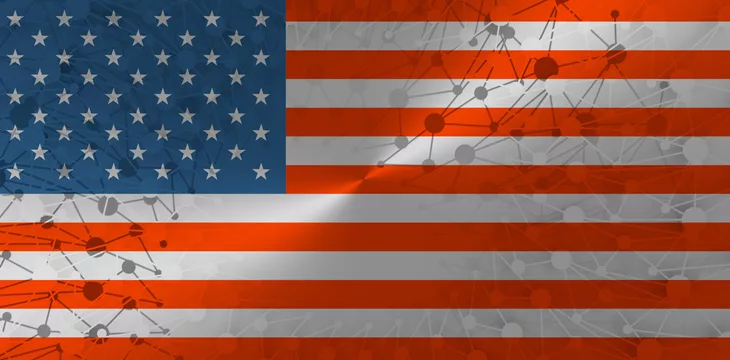|
Getting your Trinity Audio player ready...
|
A recent article published in Foreign Affairs laid bare ‘America’s digital Achilles heel.’ It highlighted that while digital technologies have boosted economic growth, led to easier access to information, and delivered a host of other benefits, they have also left the United States vulnerable, particularly in one crucial area: war.
Navigation, logistics, intelligence gathering, information storage and dissemination, and targeting all depend on digital technologies and require accurate data. However, collecting and storing said data becomes a honeypot for hackers and America’s enemies; interfering with it is an effective way to attack the U.S. military and potentially bring it to a standstill.
Should have used @CERTIHASH https://t.co/rwY8X5BTlL
— Bryan Daugherty (@BWDaugherty) September 13, 2023
From North Korea’s repeated cybertheft to huge data breaches to insiders like Edward Snowden stealing data, it’s clear that information security is a weak spot for the U.S. and much of the rest of the world. While the Foreign Affairs article calls on the U.S. to look to the financial sector for clues on how to mitigate these risks, blockchain technology can also help.
Blockchain technology for cybersecurity
Blockchains are distributed databases that can help governments and enterprises store data in such a way that a) there is no attack surface by which to hack a data source, and b) data cannot be altered, deleted, or stolen without leaving an evidence trail.
Those following Dr. Craig Wright’s The Bitcoin Masterclasses will already be aware that blockchains play a key role in creating more robust, secure networks. When databases are distributed and immutable, it becomes much easier to detect hacks, e.g., by utilizing alert systems and making it impossible for attackers to delete logs.
Tools like Sentinel Node by CertiHash showcase how blockchain can be used to enhance cybersecurity. This tool uses the BSV blockchain to take moment-by-moment snapshots of files and networks, instantly alerting network administrators when the state of the monitored information changes. Administrators have to sign off on alerts and acknowledge them, creating true accountability.
Sentinel Node was built in collaboration with IBM Consulting (NASDAQ: IBM) and reduces breach detection times from 212 days to mere seconds. The aim is to provide organizations with “confidence and peace of mind when it comes to data integrity, auditability, and accountability,” according to its co-creator Greg Ward.
With a tool like Sentinel Node, the Office of Personnel Management would have been able to detect its data breach within seconds, safeguarding the records of 21.5 million Americans. Data theft like the sort engaged in by Snowden would have been instantly detectable, saving lives and safeguarding America’s secrets.
As the face of warfare evolves with technology and information security becomes evermore important, the BSV blockchain and its various applications can help the U.S. and other nations protect their data, ensure it has not been tampered with, and store and transmit it securely.
Watch Gregory Ward: BSV blockchain is an absolute fit for cybersecurity

 02-28-2026
02-28-2026 




